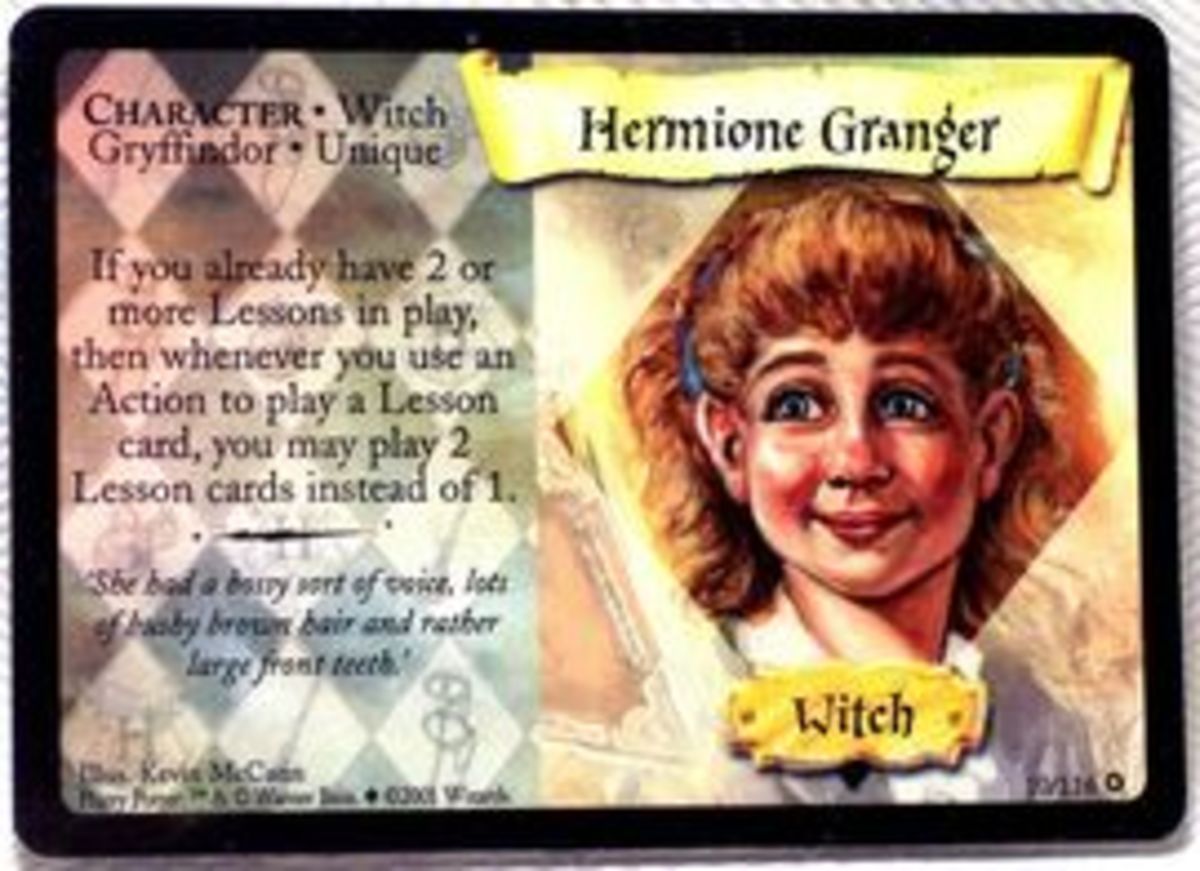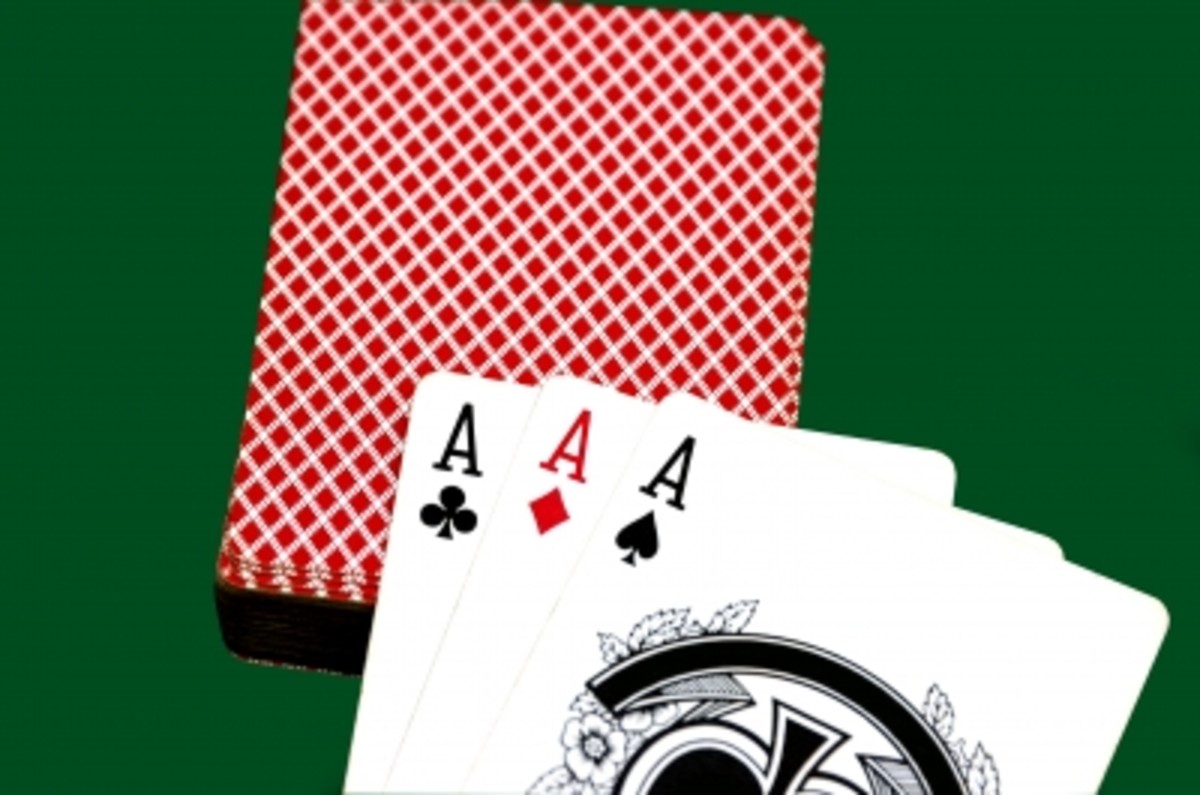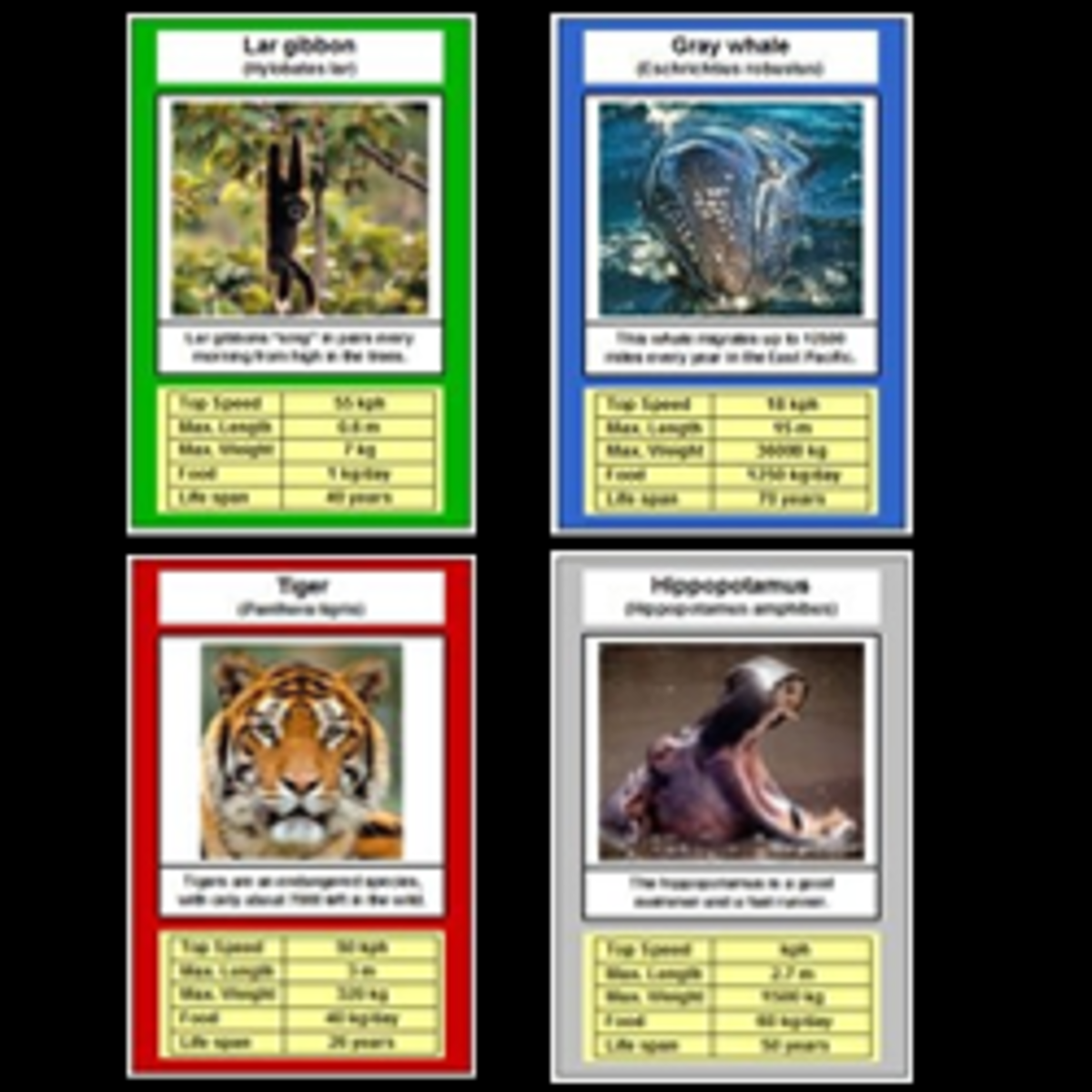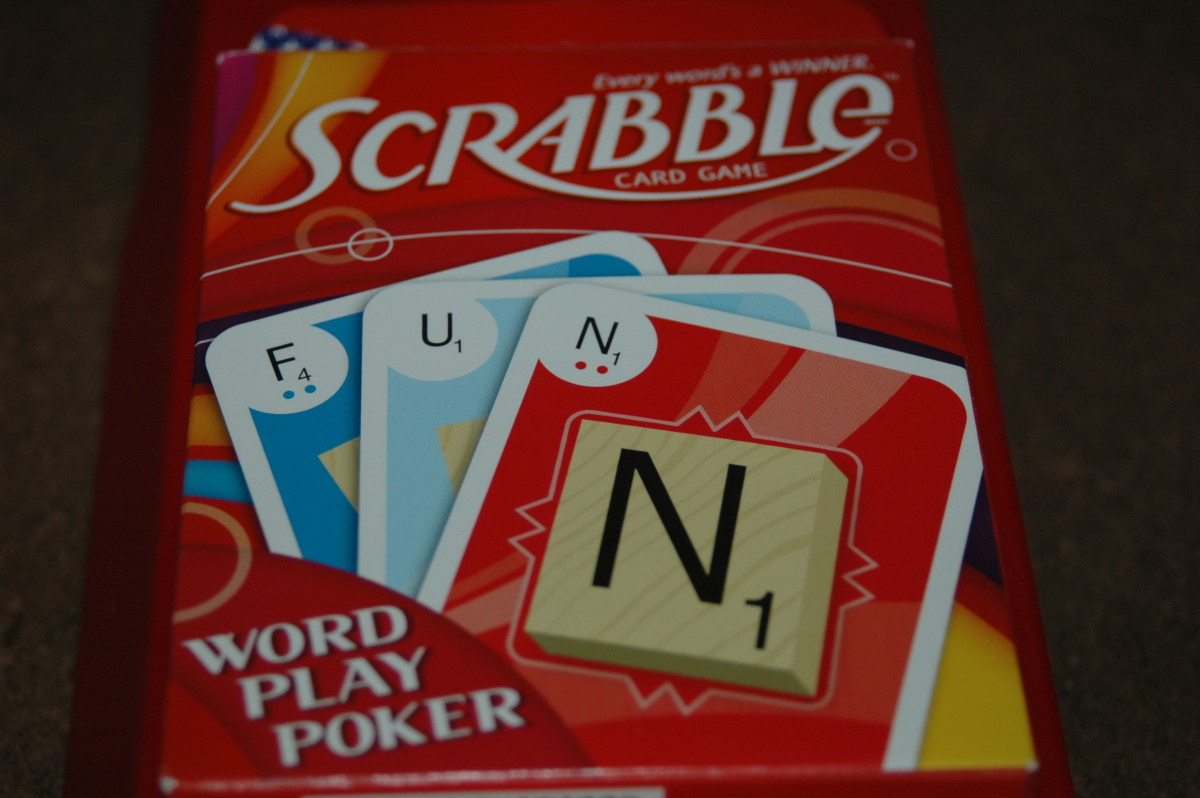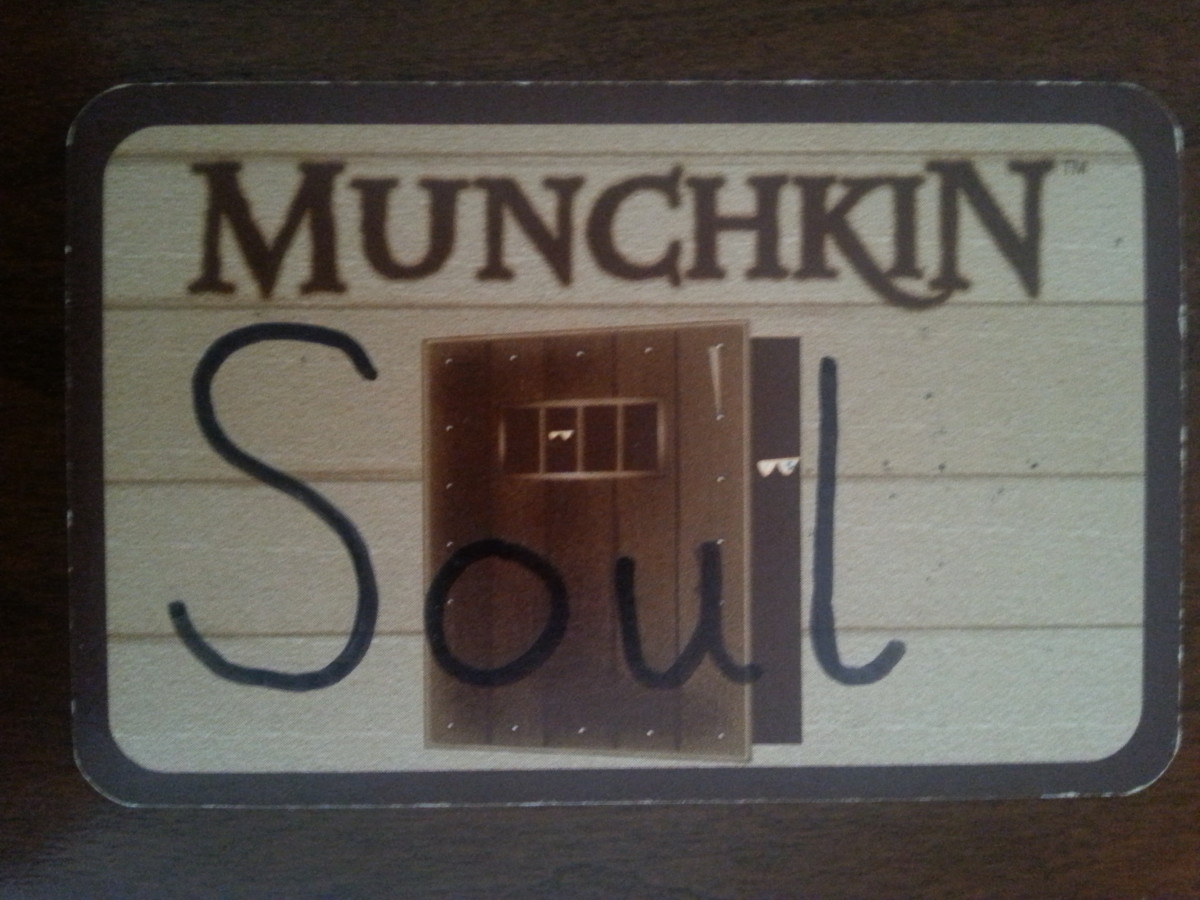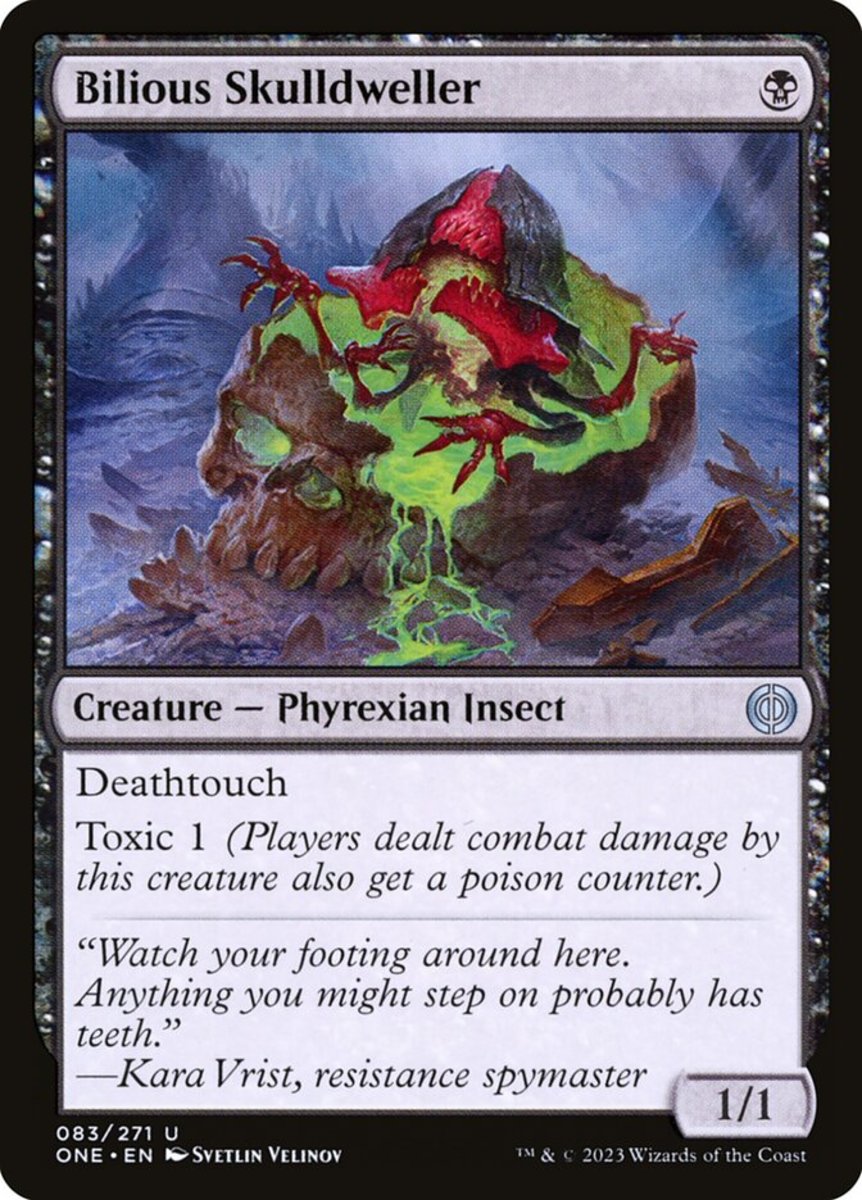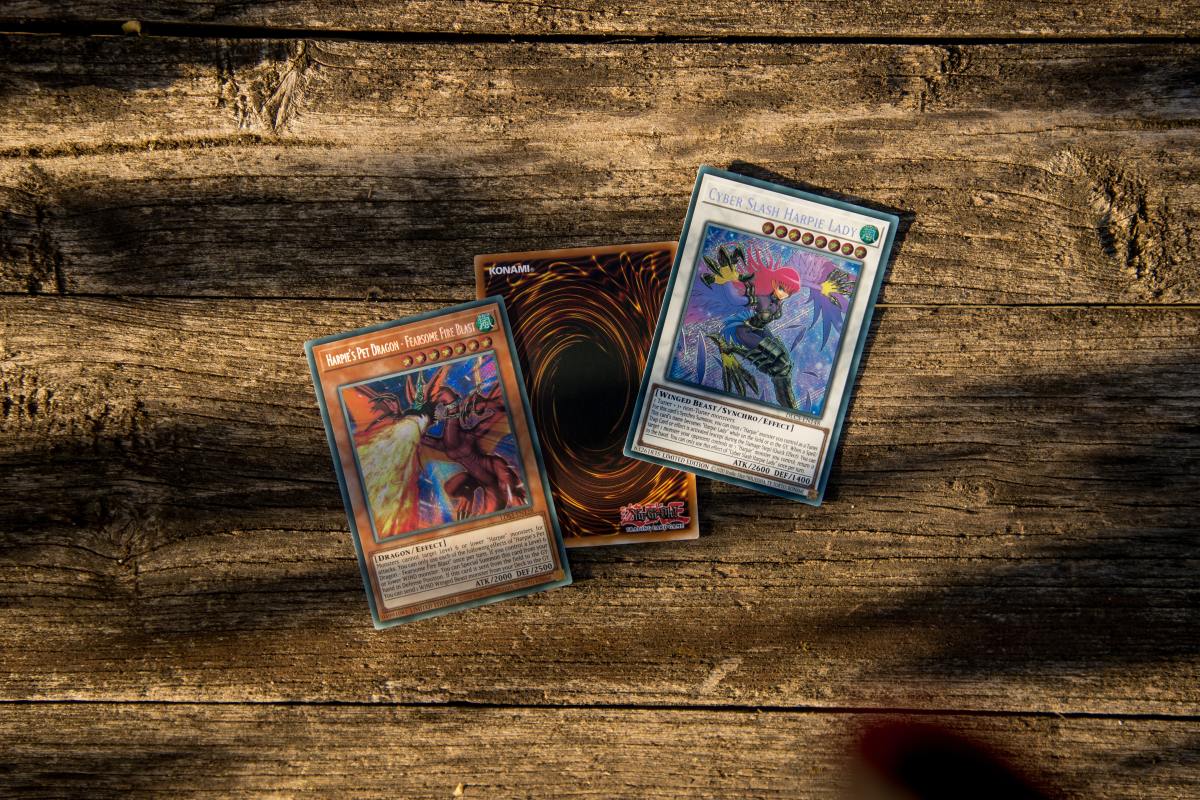How to Play the Classic Card Game, Rook
Basics of Rook Cards
The classic card game "Rook" by Parker Brothers celebrated its 100 year anniversary in 2006. The game has to be good to have lasted this long. Rook is similar to Euchre and Hearts. It is easier for players to learn if they are familiar with these or other card games involving tricks. The great thing about Rook is that it is easy enough for children to play, but strategic enough to be fun for adults. This makes it a perfect choice for family entertainment.
Rook was originally invented because of Protestant prohibition against playing cards. Playing cards were thought to be the work of the devil. Rook was developed and called "Christian cards". Rook is currently most popular in the South.
The game can be played by two and up to six individual players. It can also be played by four players in two teams. The team play is the most popular option. The card package lists the suitable playing age as ten and older.
The game consists of a 56 card deck in four different colors and one special card featuring a black raven called "the rook". The cards are bright and illustrated with large numbers, numbered 1 to 14. This makes them easy on the eyes for players with vision problems. However, the newest cards are very disliked by Rook fans. They are lighter colored and hard to read for some people. It has been suggested that the "Rook Deluxe" set by the company "Winning Moves" produces card decks like the original, easy to read Rook cards.
It would be lengthy to explain all of the Rook rules, as there are many variations in different regions. The main basis of the game is to catch the point cards, called counters. Only certain cards have points. There is only one Rook card, and it is worth twenty points. This is the highest counter card of all. The first team or player to reach an agreed upon point total wins. The most common totals are 300 or 500 points.
The dealer deals out all of the cards one card at a time, including five cards in the middle called the 'nest'. After the cards are dealt, the players start bidding in 5 point increments. The bidding starts with the first player to the left of the dealer and goes around the table clockwise.
The amount of the winning bid determines the points that the team or player will receive at the end of the round if they capture all of the counter cards. The winning bidder gets to name the trump suit. The trump suit is the suit named for that round that will be able to catch the counter cards and gain points. The winning bidder also gets to add the nest cards to his hand, and discard any five cards from his hand that he chooses.
After the bidding has ended and the trump suit has been determined, play begins with the first player to the left of the dealer. The first player may place any card from his hand face up on the table. Play continues around the table clockwise. Each player must play a card of the same suit as the first card played in the round or play the Rook card. If a player doesn't have that specific suit or the Rook, the player may play any card, including a trump card.
Whoever takes the trick leads in the next round. 'Taking the trick' simply means whoever had the highest card of the suit that led or whoever had the highest trump card. The Rook bird card is always the highest trump card.
The Rook card may be played at any time during the game, even if you have other cards that will play. No other cards may be played this way. If someone leads a round with the Rook card, everyone else must play a trump card if they possess one. Also if a trump suit begins a round and a player only possesses the Rook bird card, that player must play the Rook card.
When the round is over, each player or team totals their points by adding up the counters that they have taken. If the winning bidder didn't make enough points to at least equal their bid, they lose the same number of points as their winning bid. In addition, they do not get to add any points for the counters that they did capture.
Rook is a great game in many ways. It's inexpensive. It can be played by children and adults alike. It involves strategy and skill. It's easy to learn. It can be addictive. Go to your nearest store, buy a deck, and try it out.
If you don't have any Rook partners, do an internet search for online Rook games. There are many Rook fanatics online. Or you can play online against a computer. Who knows, maybe you'll become so skilled that you will enter one of the many Rook tournaments across the nation.

